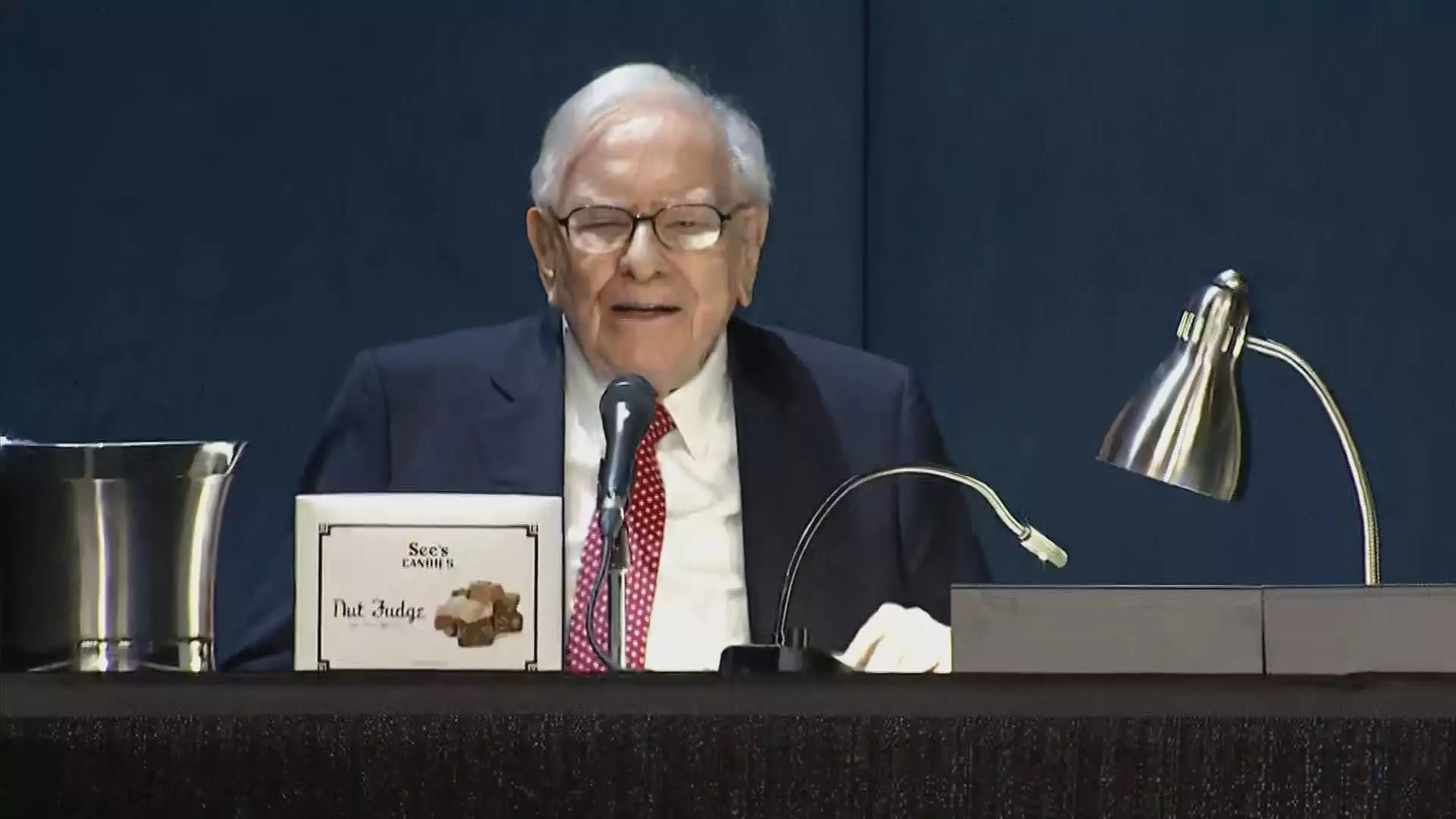Warren Buffett’s Berkshire Hathaway has been making headlines with its latest moves involving Bank of America (BofA). Recently, the conglomerate divested a noteworthy portion of its BofA holdings, selling over $7 billion worth of shares since mid-July. This strategic decision has attracted attention not only for its financial implications but also for what it signals about Buffett’s long-term investment philosophy and market outlook. With Berkshire now owning just 11% of BofA shares, this reduction marks a significant pivot for one of the most renowned investors in the world.
The recent regulatory filings reveal that Berkshire sold a total of 5.8 million shares across several sessions at an average price of $39.45 per share. The cumulative effect has led to an impressive stock liquidation, reducing its stake considerably. This latest selling sequence matches an earlier streak of 12 consecutive days, suggesting a systematic approach to divestment rather than disorganized fire sales.
Berkshire Hathaway’s gradual reduction of its stake in Bank of America could reflect a change in sentiment towards banking stocks or a reassessment of the economic landscape. Historically, Buffett’s investments in financial firms have proven remarkably prescient. His initial investment in BofA during the tumultuous aftermath of the 2008 financial crisis stemmed from a belief in the long-term viability of American banks. However, the current selling trend raises the question: is Buffett signaling caution regarding the financial sector’s future?
One notable aspect of this strategic retreat is the company’s shifting priorities within its investment portfolio. As it stands, BofA has dropped from its position as Berkshire’s second-largest holding, now ranked behind tech giant Apple and long-time favorite American Express. This reallocation of resources emphasizes not only a diversification strategy but also potentially positions Berkshire to capitalize on other sectors experiencing more robust growth amid changing market conditions.
Buffett’s approach to investing is often characterized by a long-term horizon and an emphasis on value. His decision to sell off a substantial chunk of BofA is intriguing, considering his historical commitment to the banking institution, which he famously reinforced by injecting cash into BofA during its times of struggle. Commentators have pointed out that this behavior is atypical for the “Oracle of Omaha,” who typically prefers to hold on to valuable investments rather than liquidate them.
Brian Moynihan, CEO of BofA, remarked on this situation, highlighting his lack of insight into Buffett’s reasoning. His comments reflect the complexities involved when assessing the motives of a figure like Buffett, who operates on a different level of strategic foresight. While Moynihan reassured stakeholders about the market’s ability to absorb the stock, speculation remains as to what this selling spree might portend for BofA’s future within Berkshire’s portfolio and beyond.
The Market Response and Future Outlook
Despite the ongoing sales, BofA shares have not experienced severe upheaval. The stock witnessed a modest decline of about 1% since July, while also enjoying a commendable gain of 16.7% year to date, outperforming the S&P 500. This resilience speaks to the broader stabilization within the bank, even amid significant portfolio adjustments from major investors like Berkshire.
Moynihan further emphasized the lucrative nature of Buffett’s original acquisition, with those who followed his lead in 2011 enjoying considerable gains. The path from $5.50 to nearly $40 per share reflects a remarkable turnaround for Bank of America—a testament to both the bank’s robustness and Buffett’s acumen as an investor.
While Buffett’s continued divestiture of BofA stock raises questions, it may ultimately be a strategic maneuver rather than a sign of diminishing faith in America’s financial institutions. Berkshire Hathaway’s actions may indeed foreshadow broader shifts in investment strategy, as Buffett adapts to an ever-changing market landscape, balancing between taking profits in successful ventures and maintaining a keen eye for upcoming opportunities. The full implications of these sales will likely unfold over time, but they underscore the dynamic nature of investment management in the modern economy.

